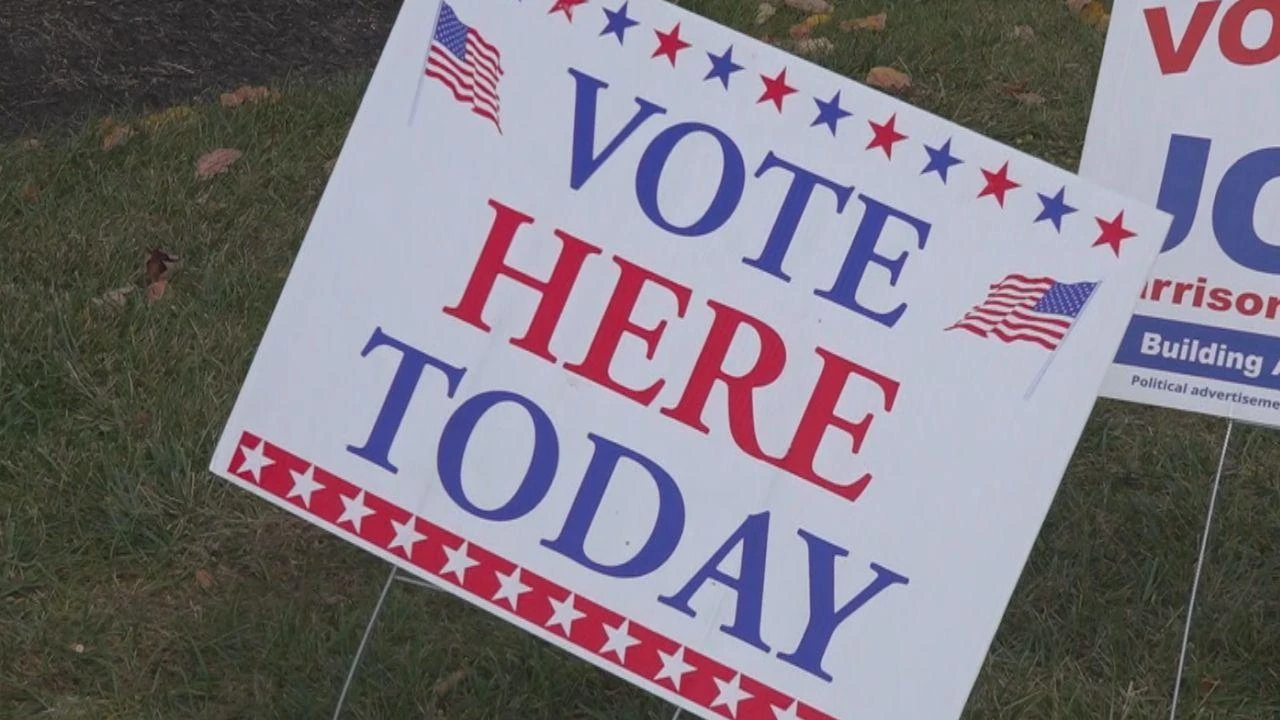US Supreme Court upholds South Carolina congressional map, rejecting racial gerrymandering challenge

The US Supreme Court dismisses a challenge to a congressional map in South Carolina that civil rights organizations claimed was designed along racial lines
In a ruling with important consequences for the balance of power in the US House of Representatives, the Supreme Court on Thursday dismissed a challenge to a congressional map in South Carolina that civil rights organizations said was designed along racial lines.
The conservative majority on the court voted 6-3 to rule that the congressional district plan designed by South Carolina’s Republican-dominated legislature was not an unlawful racial gerrymander.
This decision comes amid continuing legal fights in the United States over alleged racial gerrymandering, which is the altering of election boundaries to reduce minority groups’ voting influence.
The lawsuit in South Carolina concerned a congressional district reconfigured following the 2020 census, which a three-judge federal court had earlier ruled to be an unconstitutional racial gerrymander. The panel directed that the map be changed before the November 2024 election.
Critics of the redesigned plan pointed out that it shifted nearly 30,000 Black Charleston residents from one district to another, which already had a Black majority. They believed that such acts weakened African American communities’ voting power.
Justice Samuel Alito, writing for the majority, stated that the lower court’s determination that race was the dominant reason for redrawing the map was “clearly erroneous.” He stressed the political dimension of redistricting and proposed that party aims may be realized within legal constraints.
However, dissenting Justice Elena Kagan blasted the decision, claiming it would allow politicians to use race to achieve party goals. She cautioned that such behaviors exacerbate racial tensions and weaken democracy.
This ruling has far-reaching consequences beyond South Carolina since it might impact the results of legislative races nationally. With Republicans presently having a small majority in the House, changes in the number of Black-majority districts may have an influence on the balance of power.
Critics of the decision, including Adriel Cepeda Derieux of the American Civil Liberties Union, said it was harmful to Black voters and democratic norms.
The South Carolina lawsuit is only one of numerous congressional redistricting issues stemming from the 2020 census, highlighting the ongoing legal conflicts over electoral boundaries and minority representation in the US.
Source: AFP



